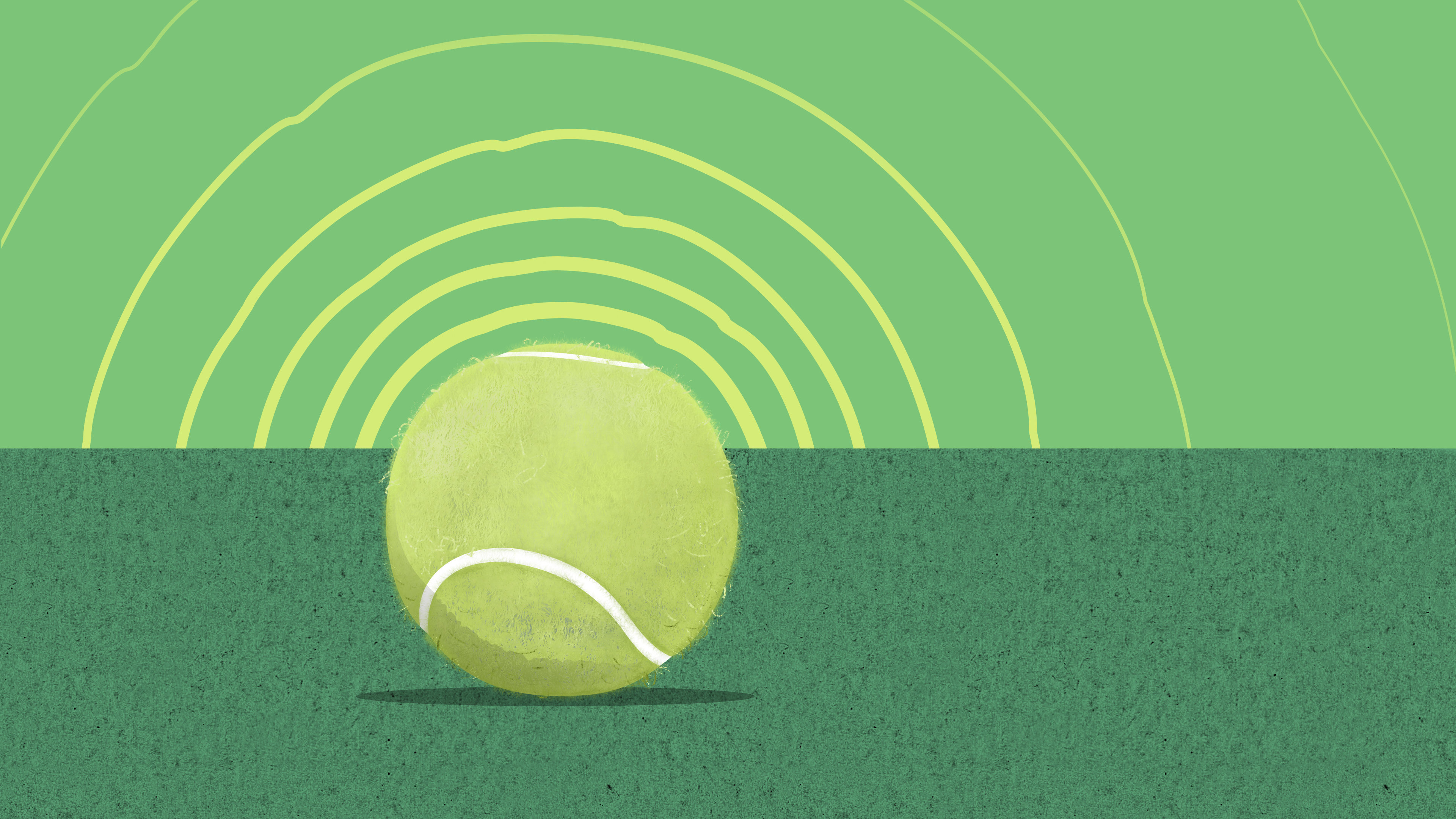Everyone has probably talked to themselves before, and probably not in a nice way, but have you ever thought about just who you are talking to? You are talking to your other self.
Understanding the concept of two selves is at the core of a little gem of a book called The Inner Game of Tennis by Timothy Gallwey.
Self 1 is the thinker, the one who knows what to do and what not to do. It operates on a conscious level and tends to be a very judge-y know-it-all.
Self 2 is the doer, the one that carries out the actions that Self 1 is telling it to. It operates on an unconscious level and likes to be relaxed and go by feel.
Self 2 gets all tight when Self 1 is judging it and can’t understand why it’s such a jerk sometimes. Self 2 knows it can learn to do anything pretty quickly if it’s trusted and treated well by Self 1.
Of course, rarely do we treat ourselves well.
The key to unlocking your natural learning ability (whether it’s in tennis or fill-in-the-blank) is to stop letting Self 1 judge Self 2’s actions as “good” or “bad” and instead notice what is happening in a non-judgmental way and let Self 2 naturally improve on their own.
Another way to put this is that everyone has a natural talent for learning. But as we grow older, our ideas of what is “right” and “wrong” and how “good” or “bad” we are get in the way of progressing.
“Read this simple analogy and see if an alternative to the judging process doesn’t begin to emerge.
(W. Timothy Gallwey, The Inner Game of Tennis)
When we plant a rose seed in the earth, we notice that it is small, but we do not criticize it as “rootless and stemless.” We treat it as a seed, giving it the water and nourishment required of a seed.
When it first shoots up out of the earth, we don’t condemn it as immature and underdeveloped; nor do we criticize the buds for not being open when they appear. We stand in wonder at the process taking place and give the plant the care it needs at each stage of its development.
The rose is a rose from the time it is a seed to the time it dies.
Within it, at all times, it contains its whole potential. It seems to be constantly in the process of change; yet at each state, at each moment, it is perfectly all right as it is.”








Comments welcome!